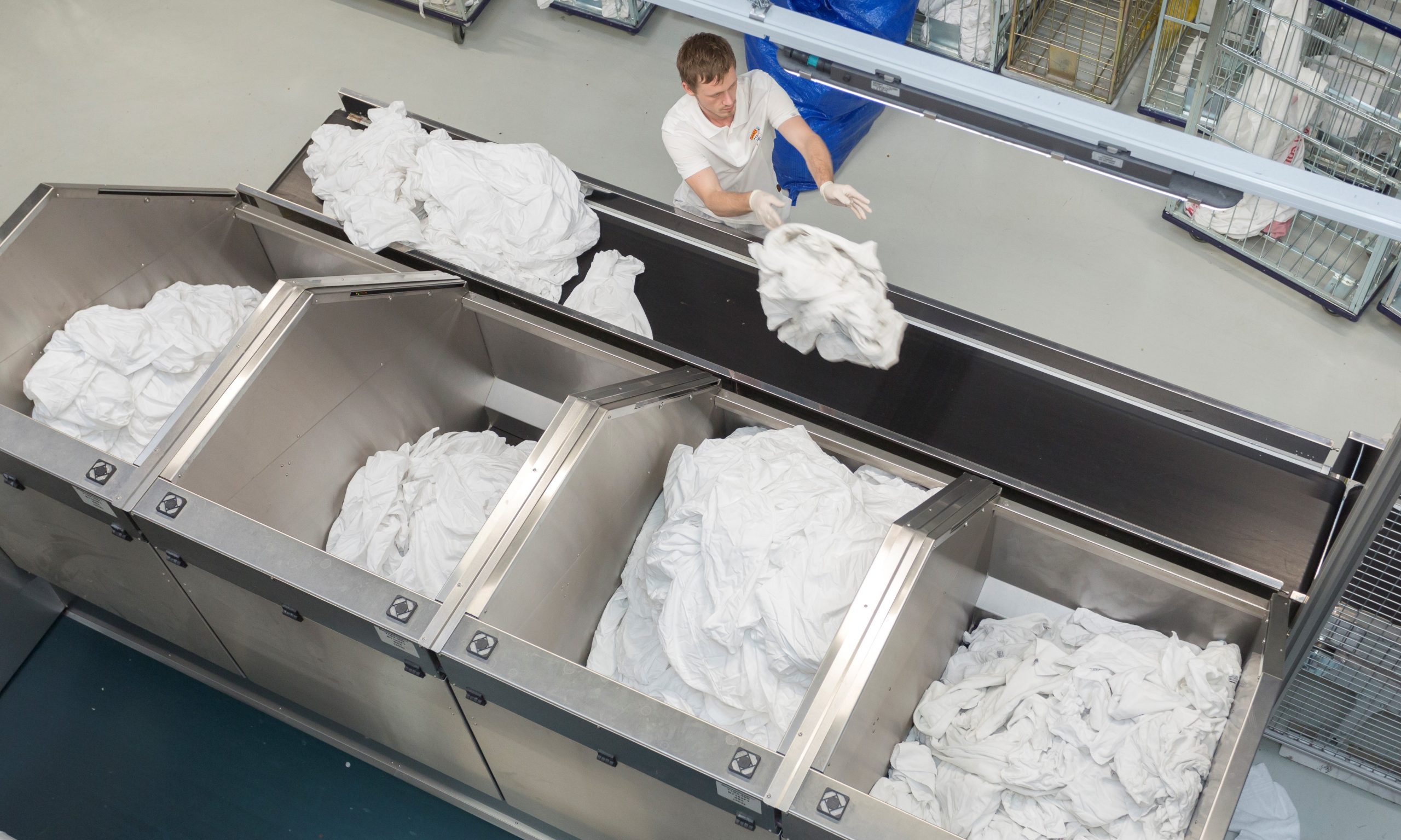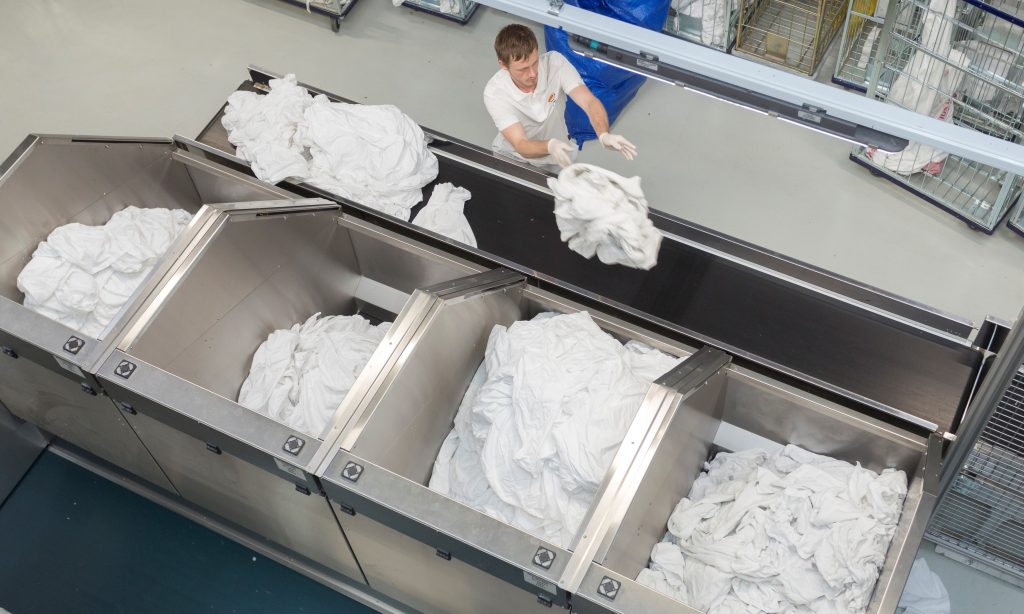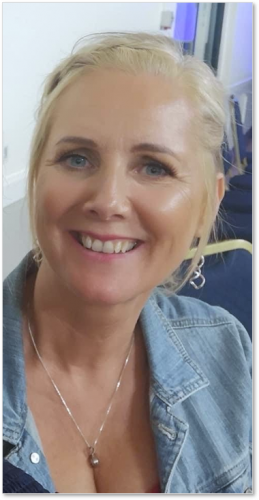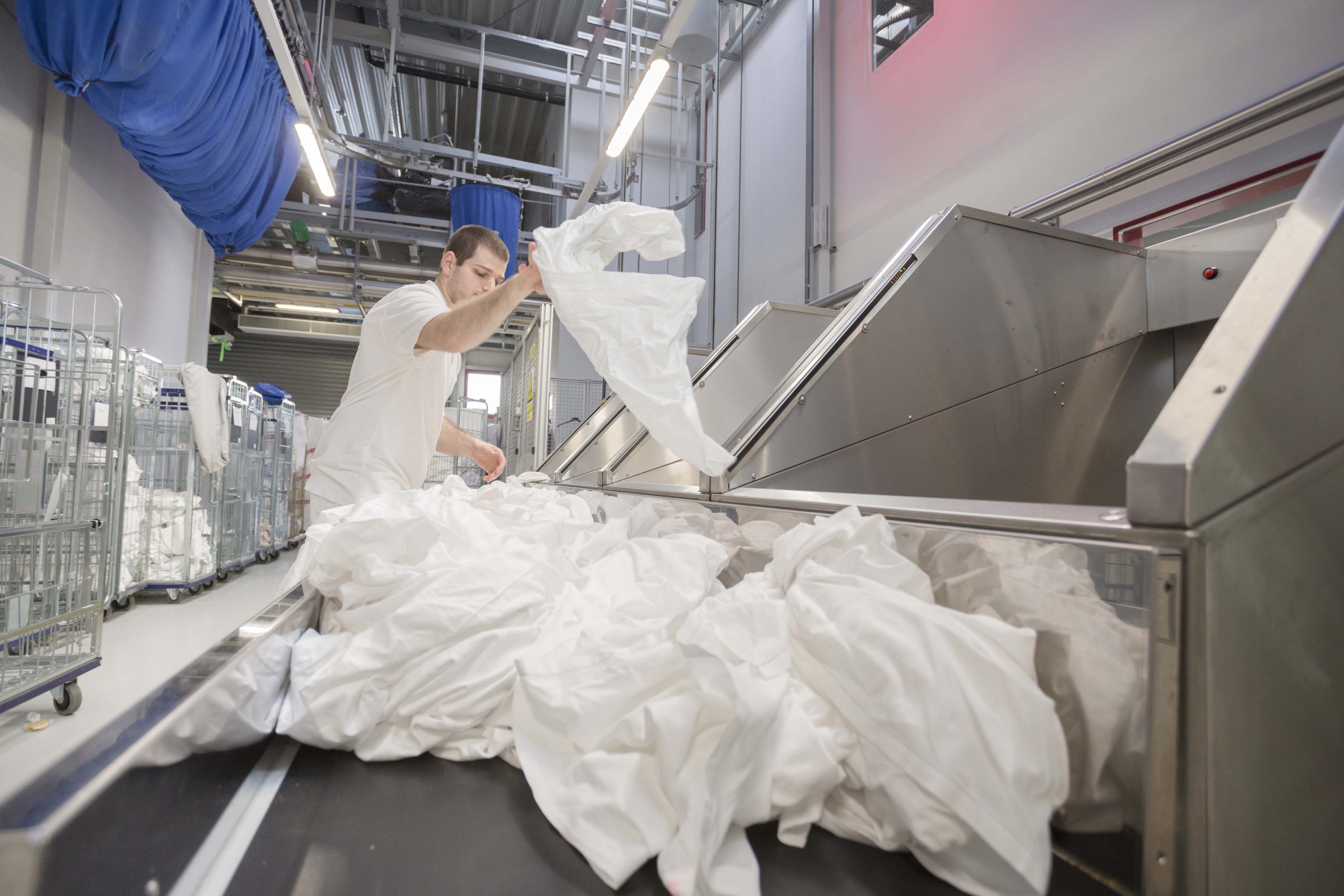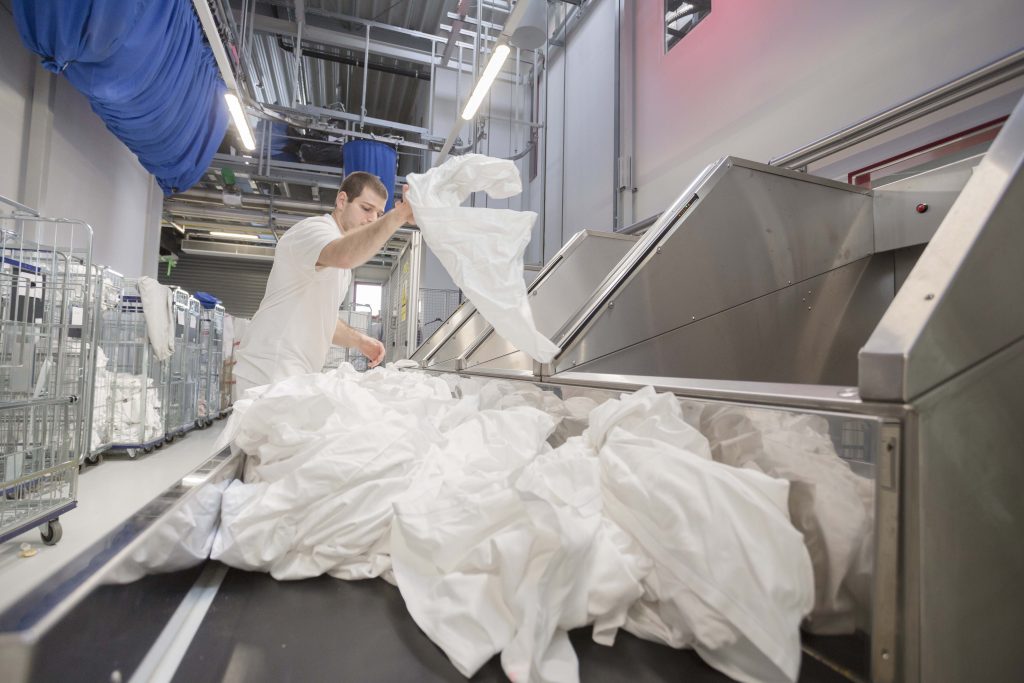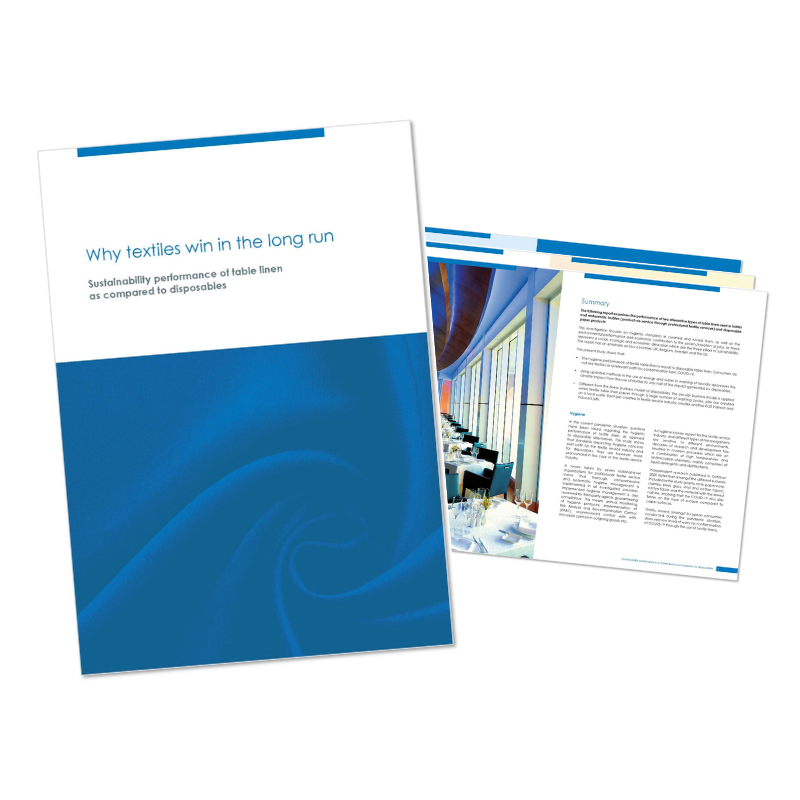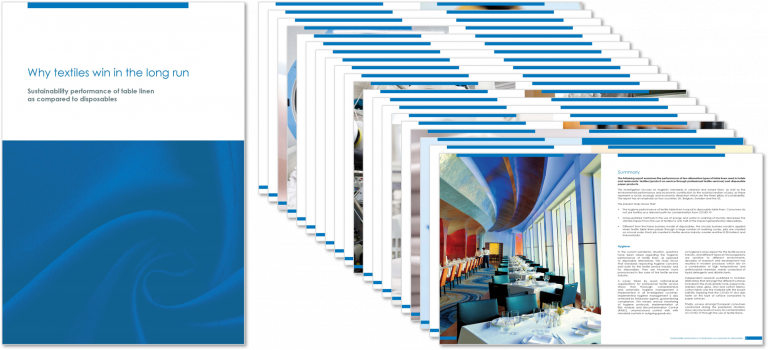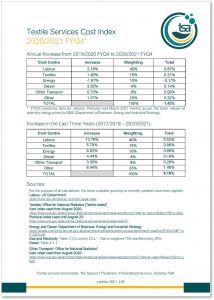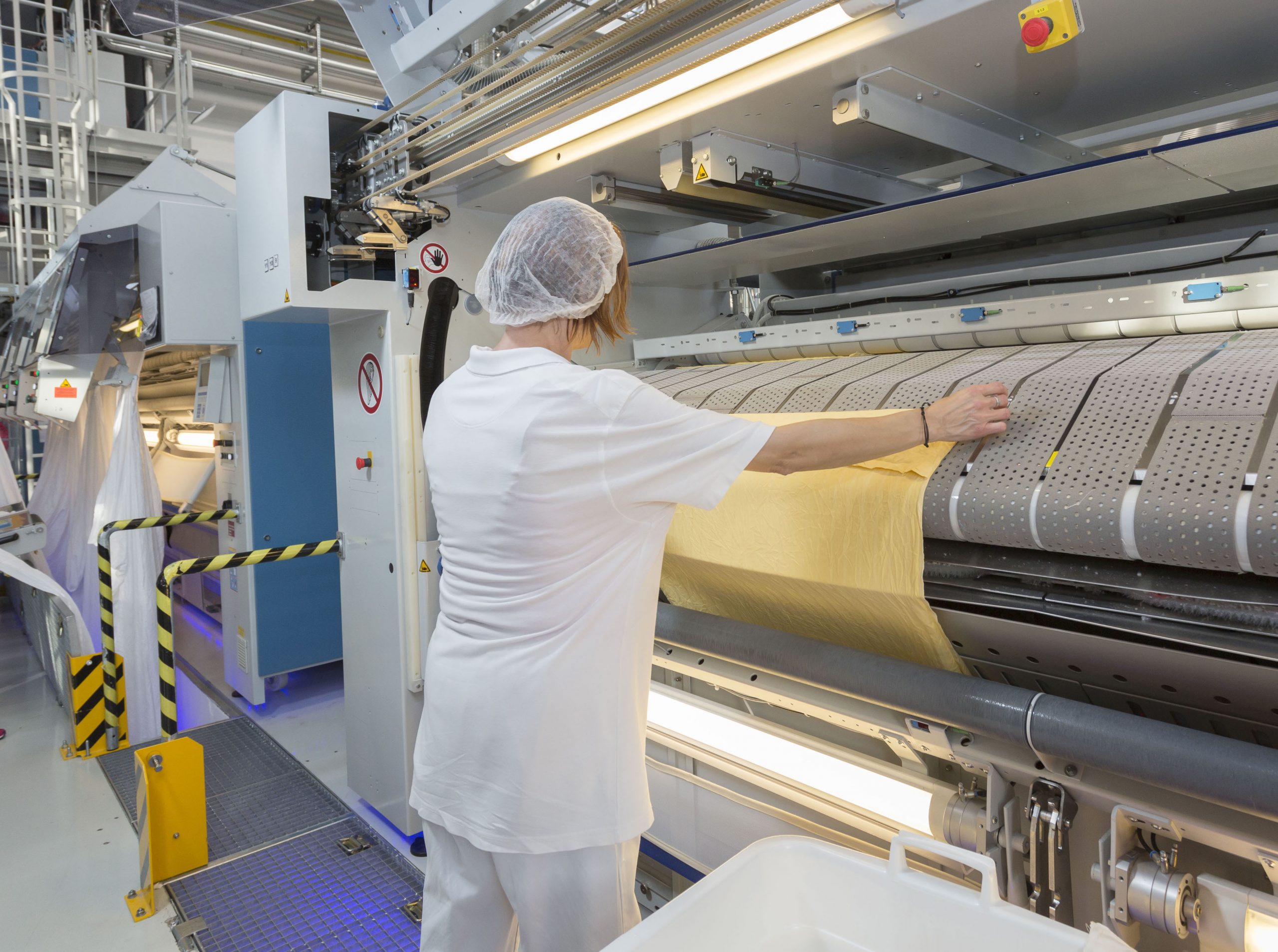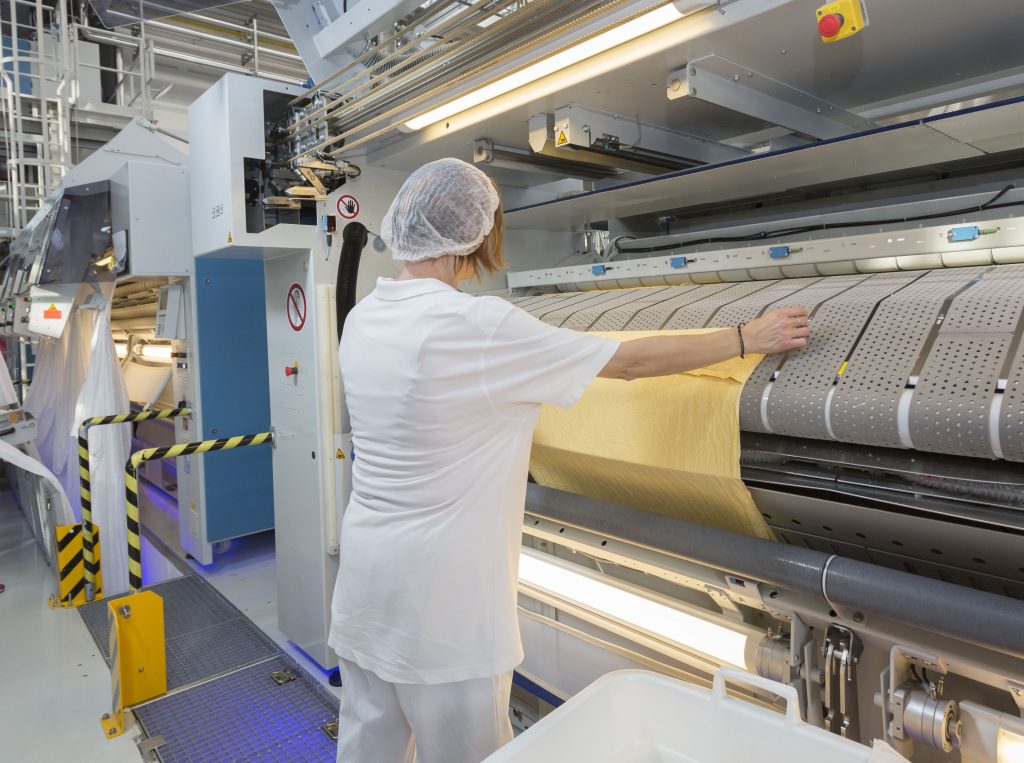“Everyone agrees that we should get support, but we still get nothing,” pleads TSA
The restart grants are great news for hospitality and other businesses – but not for commercial laundries. Yet again the laundries that hospitality relies on have been ignored by government. Now the TSA (Textile Services Association), which represents commercial laundries in the UK, has written to BEIS (the department of Business, Energy and Industrial Strategy) to demand an explanation.
“We didn’t get lockdown grants, we didn’t get business rates relief, we didn’t get the VAT reduction,” says David Stevens, CEO of the TSA. “Now we’re not getting the restart grants, either. It’s like Groundhog Day, only much worse.
“We’re suffering, we need support, and we’re not getting it, while other business are. It’s so unfair.”
Stevens points out that the commercial laundries that supply the hospitality industry have seen their business drop by 90% or more. “We just need to know why we’re being ignored,” he says.
Here is the text of the TSA’s letter to Kwasi Kwarteng MP, Secretary of State for Business, Energy and Industrial Strategy:
Dear Mr Kwarteng,
I draw your attention to a statement that our members are receiving every time they apply to their Council for any form of rate relief or grant support.
“I understand your position and frustration. However, in the guidance that was issued by the Department of Business, Energy & Industrial Strategy, your business does not fall into a qualifying category”
This time it’s the re-start grants. Before that it was the lockdown grants. And the VAT reduction. And the business rates relief. Every time, we get ignored, and we get nothing.
All the Councils agree hospitality laundries have been forced to close. They all agree we should get the grant. They all agree it’s unfair that we don’t get any support. But then they’ve agreed we should have been included in every piece of financial support that other businesses have been offered. But sympathy is all we get. There has been no money forthcoming, the hospitality laundries are always left out.
Until someone in BEIS is brave enough to accept they have got it wrong, the commercial laundry industry will not get the support it deserves and so desperately needs.
We’ve been turned down time and time again. We’ve been hung out to dry.
So, now we need an audience with a decision maker in BEIS so that, at the very least, they can explain why we’ve been singled out for no help from government. Then I can inform the industry as to why we have been excluded.
Without the hundreds of commercial laundries serving hospitality, and the 24,000 laundry operatives they employ, UK hospitality will not be able to operate on 17th May. Hotels, restaurants, sports facilities and many other businesses rely on commercial laundries.
How can you expect laundries to survive without any support when other sectors have received £billions in grants, VAT reductions and rate relief.
Give us support. Please. If not, then at least give us an explanation.
The letter is signed by David Stevens.
If you have any queries, please do not hesitate to get in touch with us either via email or phone:
E tsa@tsa-uk.org
T +44 (0) 20 3151 5600
